Air Pollution: Hazard Warnings and Health Protection Measures
Air pollution in Hanoi is at dangerous levels and can cause many serious health problems.
On December 26, air pollution continued in the northern provinces, including Hanoi and the Northern Delta provinces such as Hung Yen, Hai Duong, Ha Nam, Thai Binh, Nam Dinh, with pollution mainly at the red threshold (harmful to people's health).
 |
| When the air is polluted, sensitive people should avoid outdoor activities and do light indoor activities. |
In Thai Nguyen province alone, air pollution reached the purple threshold at all three measuring points on Hung Vuong Street, Quan Trieu Ward and the Steel Stadium. This is a pollution threshold that is very harmful to everyone's health.
According to the forecast on the US Embassy's air quality monitoring page, during the weekend of December 28-29, thanks to a northeast monsoon, air quality in the northern provinces will improve, remaining at the yellow level (average air quality).
However, immediately after that, from December 30, the northern provinces entered a new period of air pollution with more serious pollution levels.
Taking personal health protection measures, especially on high pollution days, is necessary to minimize the harmful effects of air pollution on people's health.
According to experts, air pollution is causing many serious health problems, including respiratory diseases such as cough, asthma, pneumonia, allergic rhinitis; cardiovascular diseases with increased risk of stroke, myocardial infarction; and neurological problems such as memory loss, cognitive decline, increased risk of Alzheimer's disease. Air pollution especially affects sensitive groups such as children, the elderly and people with underlying medical conditions.
To protect people's health, the health sector recommends that people regularly monitor air quality through the websites of the Ministry of Natural Resources and Environment and the Departments of Natural Resources and Environment of provinces and cities, in order to implement appropriate preventive and health protection measures.
When going out, always wear a quality mask and use it properly. In addition, regularly clean your room, clean your house and keep your living space airy. If the environment is dusty or the air is polluted from poor to hazardous levels, people should use masks and protective glasses when cleaning.
You should limit the use of honeycomb coal stoves, firewood or straw burning, instead use electric stoves, induction cookers or gas stoves to reduce pollution.
Planting trees around the house also helps prevent dust and clean the air. For those who smoke cigarettes or tobacco, they should quit or limit smoking and not smoke indoors. Non-smokers should stay away from cigarette smoke.
Regularly monitor your health and have regular health check-ups. People who are sensitive to air pollution, such as children, pregnant women, people with respiratory or cardiovascular diseases, and the elderly, should avoid exposure to sources of pollution from vehicles, construction sites, charcoal-burning cooking areas, or other polluted areas.
In case of symptoms such as fever, rhinopharyngitis, bronchial pneumonia, blood pressure or cardiovascular disease, go to a medical facility immediately for timely examination and treatment.
To improve resistance and physical condition, people should improve nutrition and keep their bodies warm in winter to avoid sudden colds.
People with respiratory or cardiovascular diseases need to comply with and maintain treatment as prescribed by their doctor. If there are signs of discomfort or worsening health conditions, they need to go to specialized medical facilities for timely examination and treatment.
When the air quality index is moderate (AQI 51-100), normal people can participate in outdoor activities without restrictions, but sensitive people should reduce outdoor time and avoid strenuous activities. If symptoms such as difficulty breathing, cough, or fever occur, seek medical attention.
When the AQI is poor (101-150), normal people should reduce outdoor activities, especially when experiencing symptoms such as eye pain, cough, sore throat. Limit activities in polluted areas such as traffic areas, construction sites, or industrial production areas.
Students may participate in outdoor activities, but should limit vigorous exercise. Sensitive individuals should limit outdoor activities and switch to gentle indoor activities. If symptoms such as coughing, chest tightness, or wheezing occur, exercise should be reduced or discontinued.
When the AQI reaches unhealthy levels (151-200), people should limit outdoor activities or strenuous physical activity, and choose less polluted times of the day to go out. If you have to travel, you should prioritize using public transportation instead of motorbikes or bicycles.
Windows should be kept open during times of heavy air pollution. Sensitive individuals should avoid outdoor activities and perform light activities indoors.
When the AQI is at very poor levels (201-300), normal people should avoid long-term outdoor activities and switch to indoor activities.
In particular, if you have to go outside, use a mask against fine dust. Sensitive people should completely avoid outdoor activities and only participate in indoor activities. In case you have to go outside, minimize the time exposed to polluted air and use a protective mask.
When the AQI reaches hazardous levels (301-500), avoid all outdoor activities, switch to indoor activities, or postpone to another day when air quality improves.
Educational institutions should consider suspending classes if pollution levels persist for more than three days. When going out is necessary, ensure that protective masks are used and exposure to polluted air is avoided. Medical facilities should be promptly examined if acute symptoms such as difficulty breathing, cough, and fever appear.


![[Photo] Prime Minister Pham Minh Chinh chairs meeting after US announces reciprocal tariffs](https://vstatic.vietnam.vn/vietnam/resource/IMAGE/2025/4/3/ee90a2786c0a45d7868de039cef4a712)

![[Photo] General Secretary To Lam receives Japanese Ambassador to Vietnam Ito Naoki](https://vstatic.vietnam.vn/vietnam/resource/IMAGE/2025/4/3/3a5d233bc09d4928ac9bfed97674be98)
![[Photo] Special relics at the Vietnam Military History Museum associated with the heroic April 30th](https://vstatic.vietnam.vn/vietnam/resource/IMAGE/2025/4/3/a49d65b17b804e398de42bc2caba8368)

![[Photo] Moment of love: Myanmar people are moved to thank Vietnamese soldiers](https://vstatic.vietnam.vn/vietnam/resource/IMAGE/2025/4/3/9b2e07196eb14aa5aacb1bc9e067ae6f)
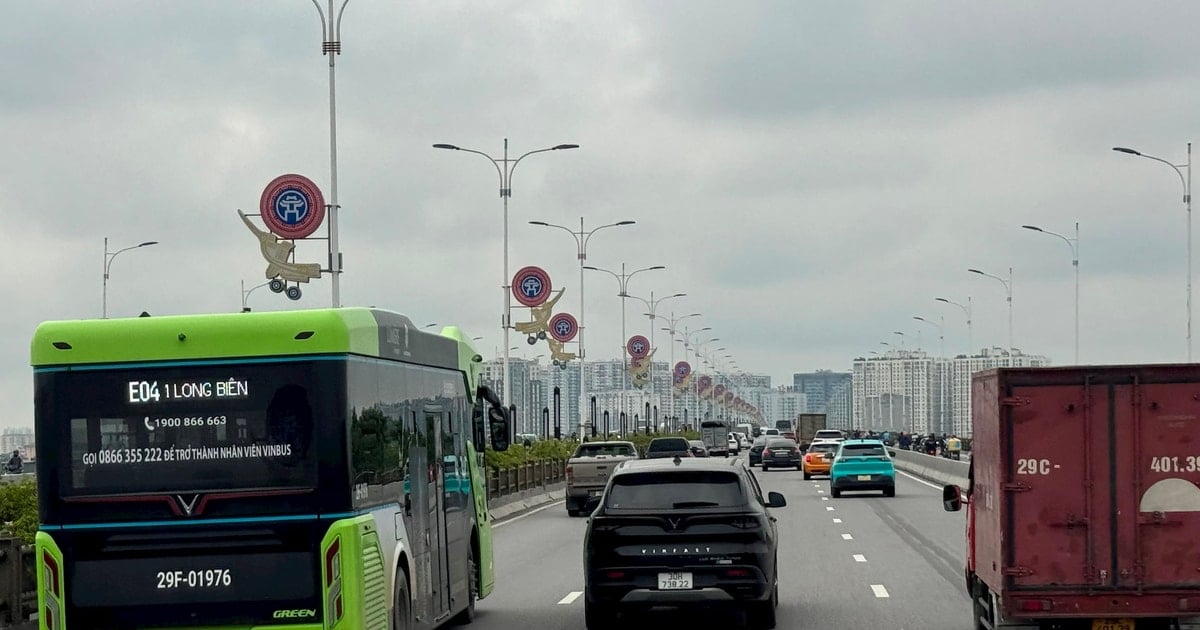



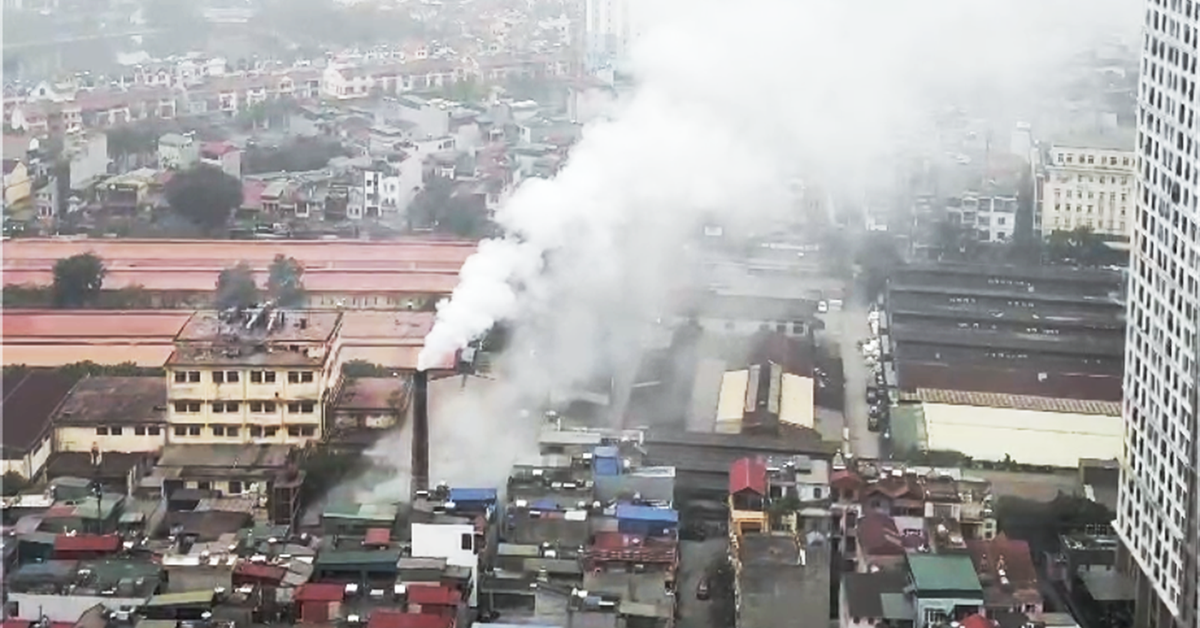

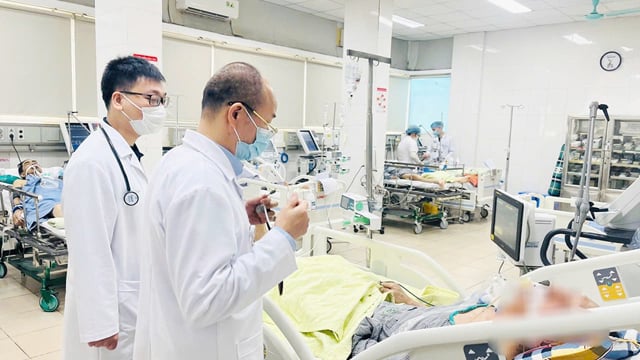

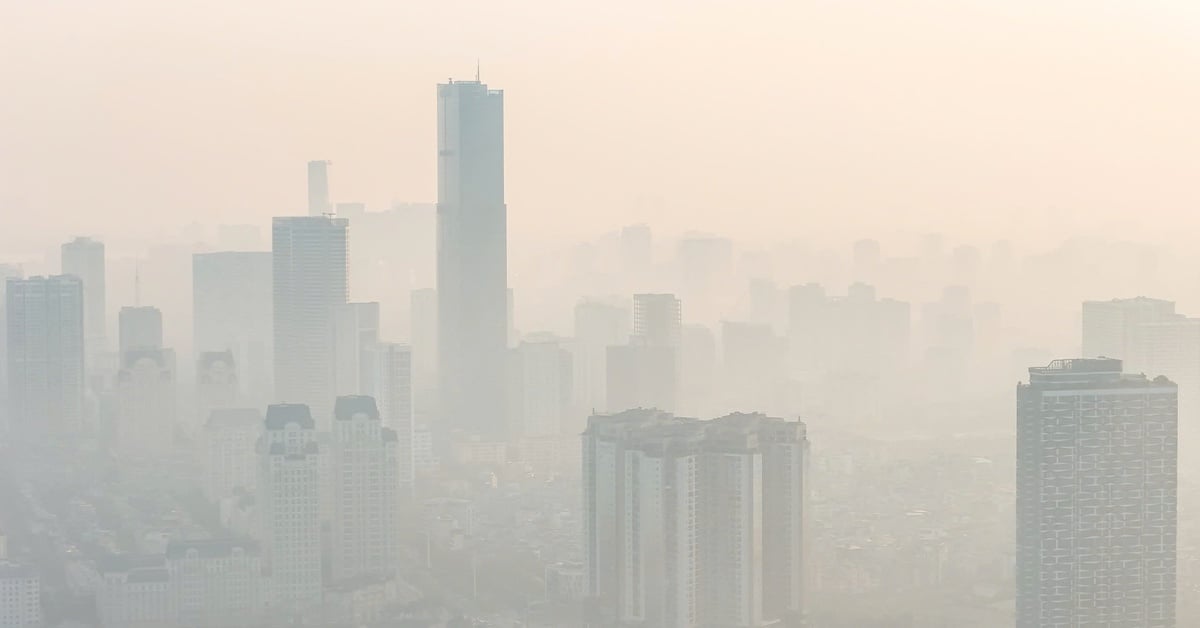
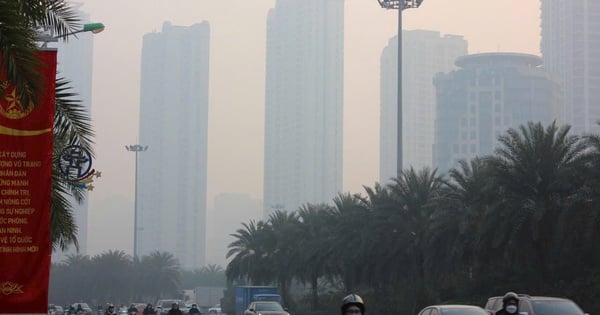


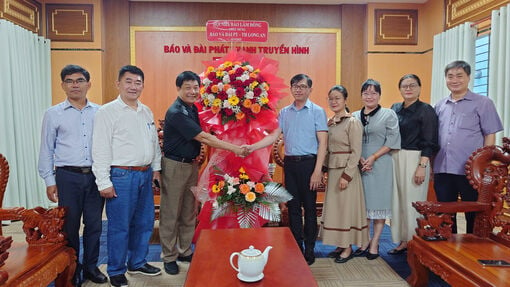
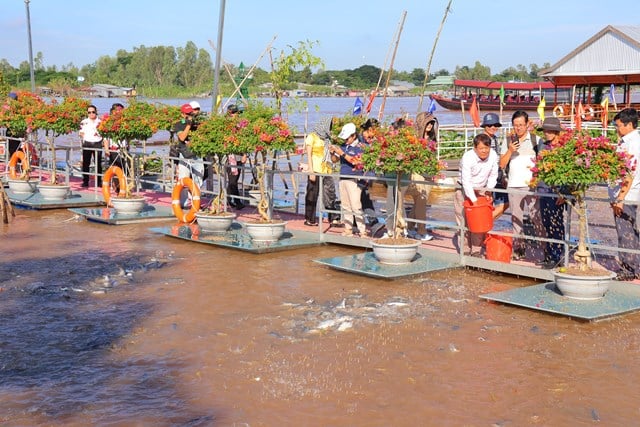
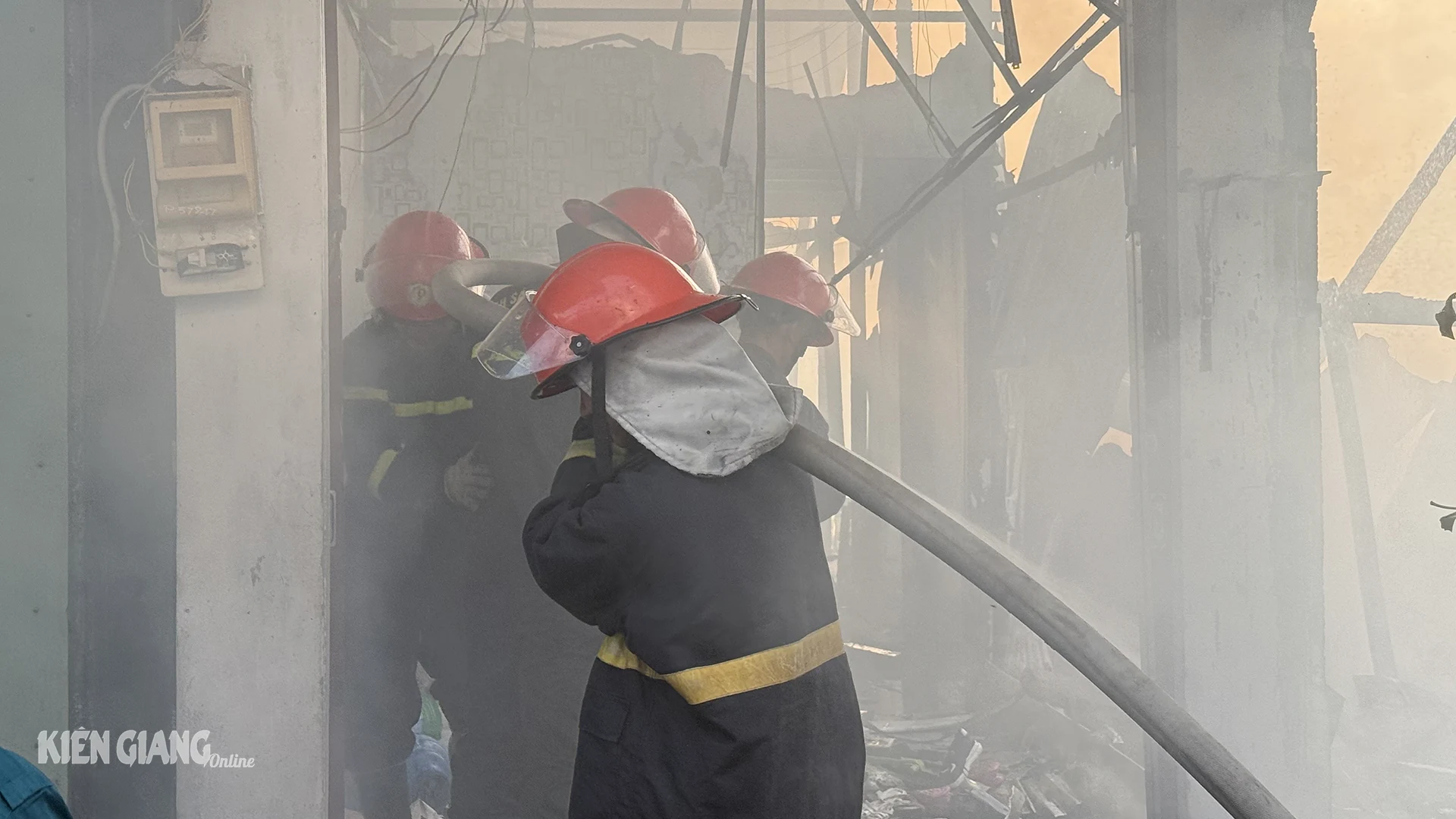

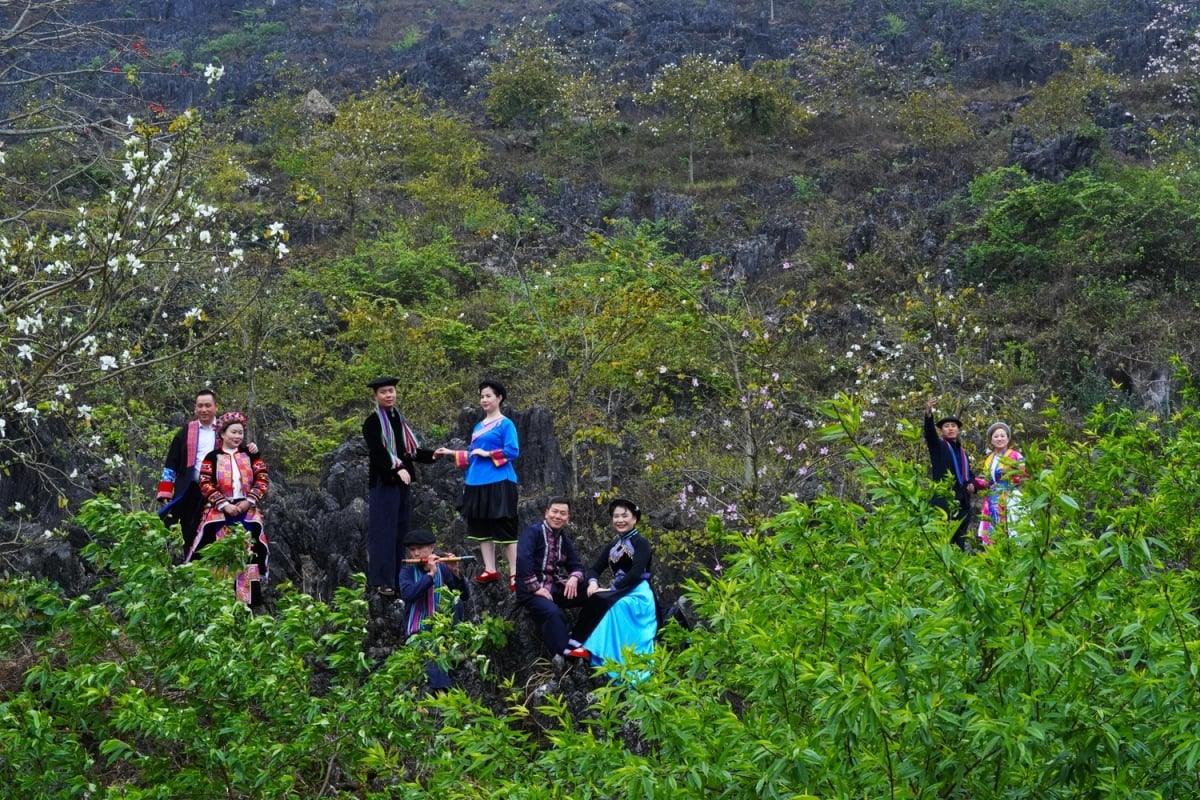




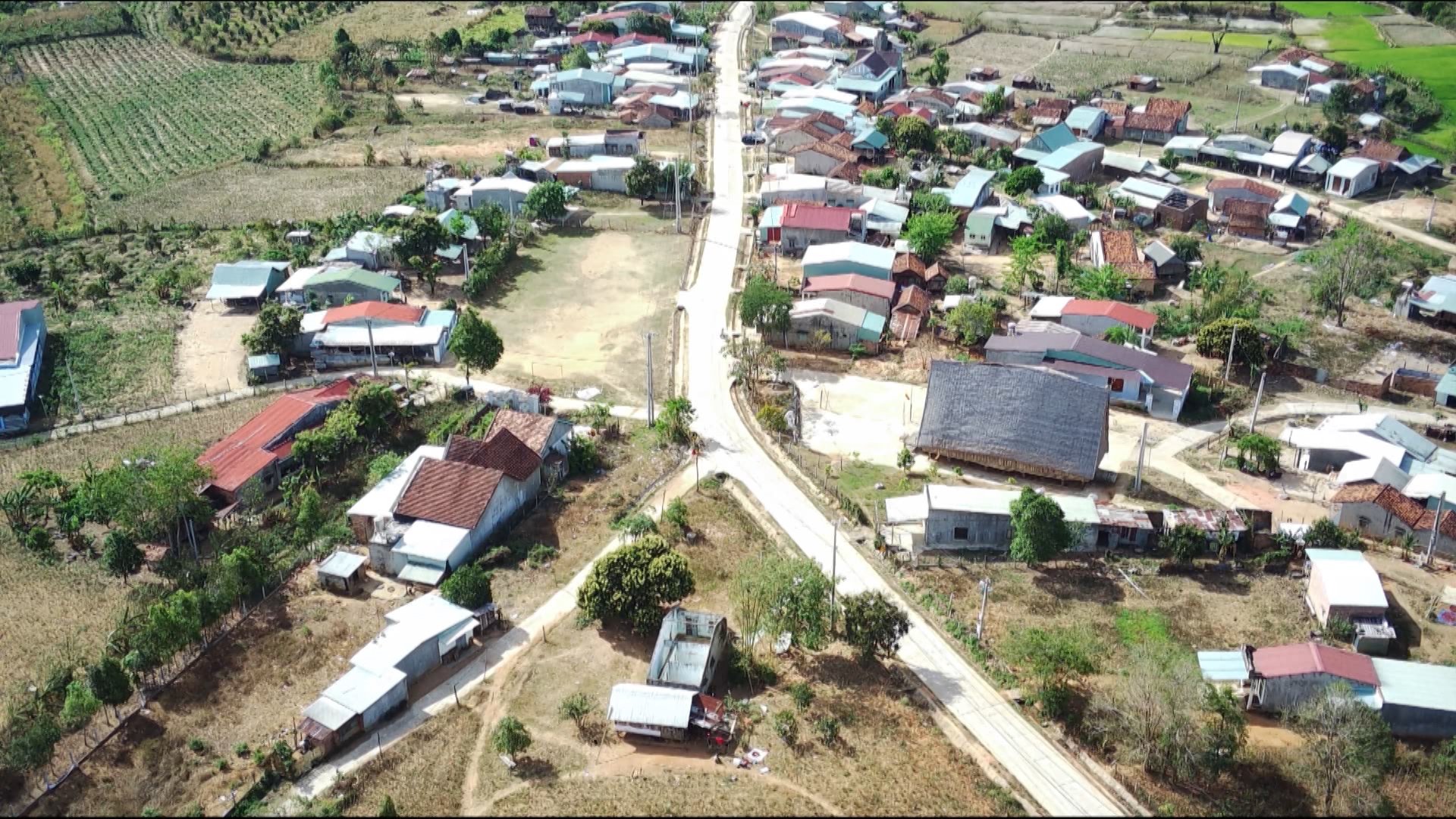
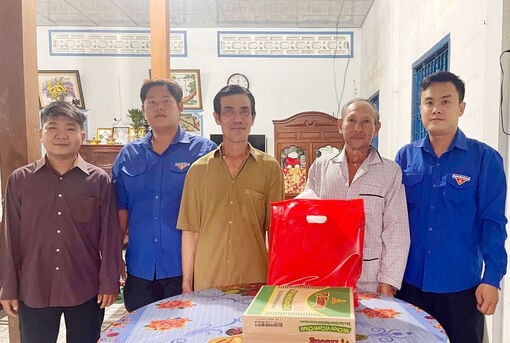
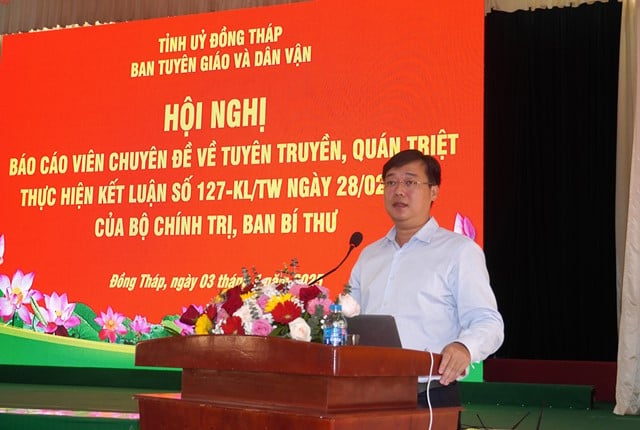
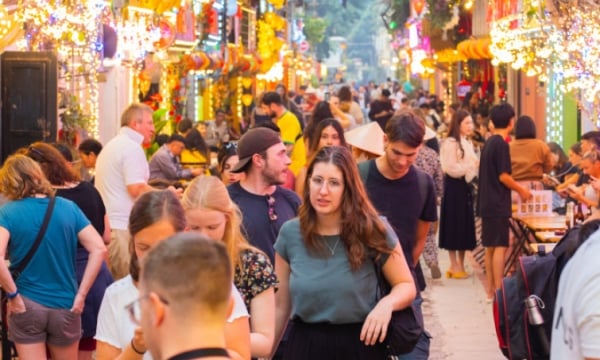
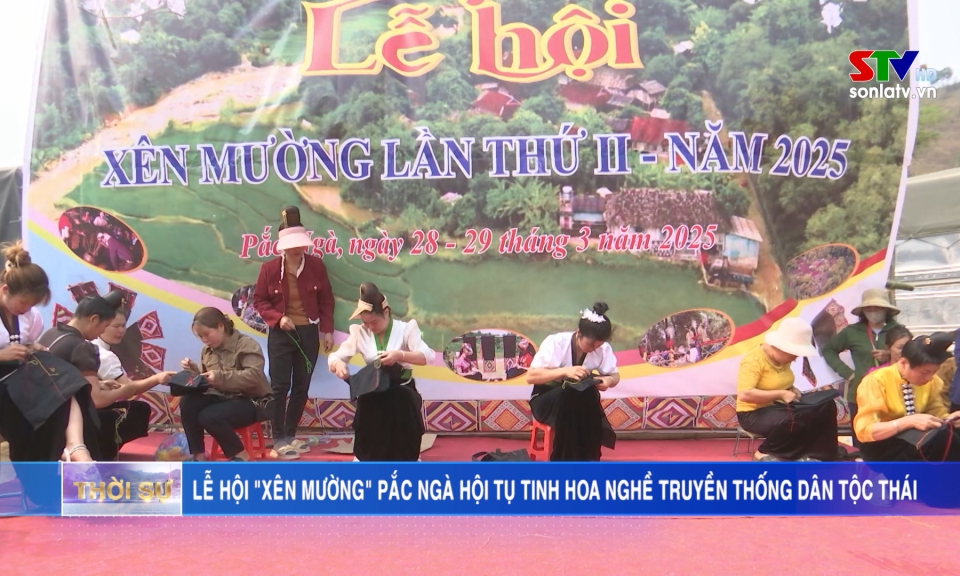
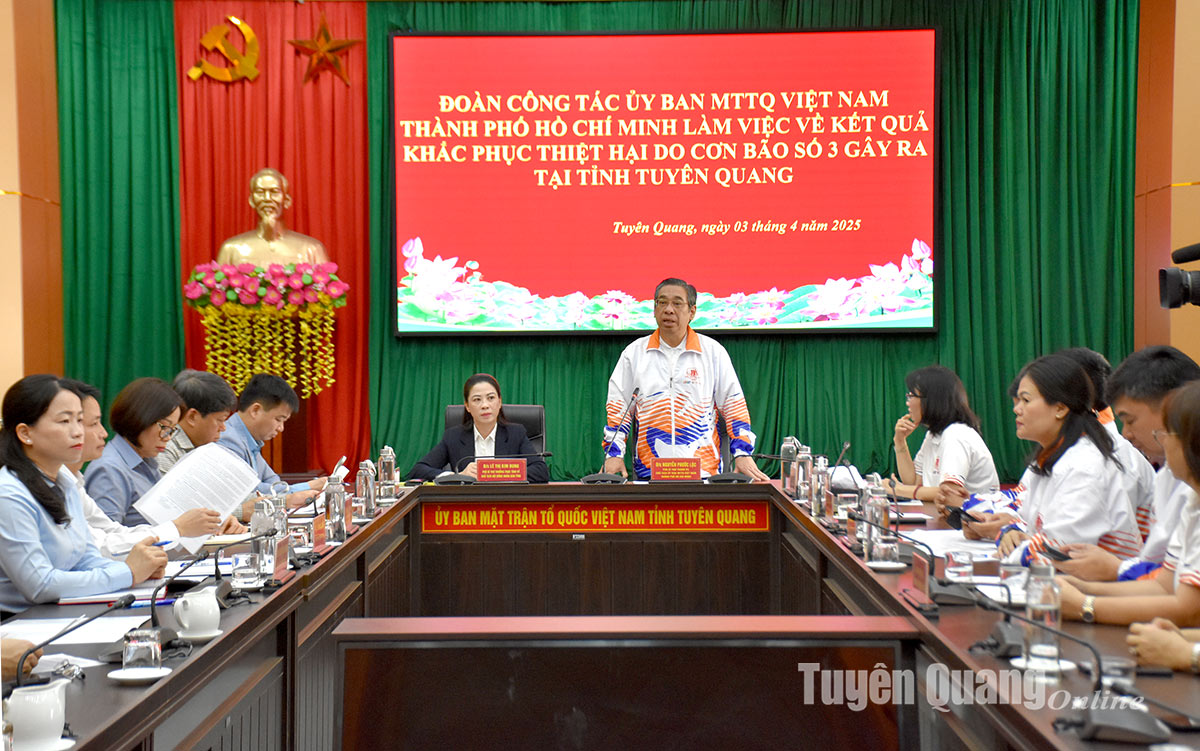




































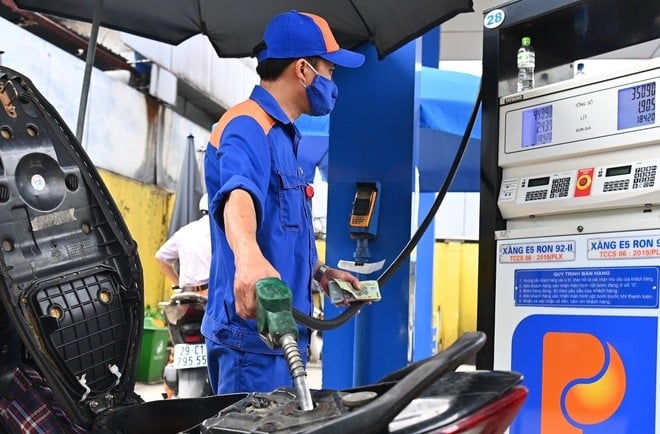

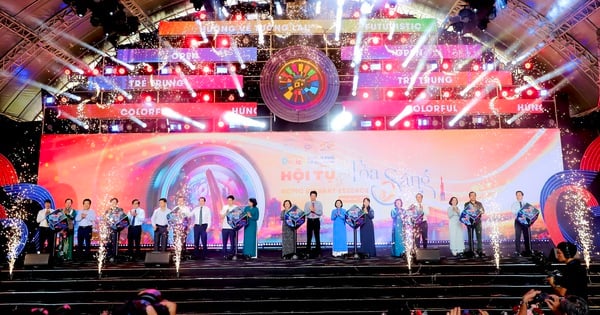
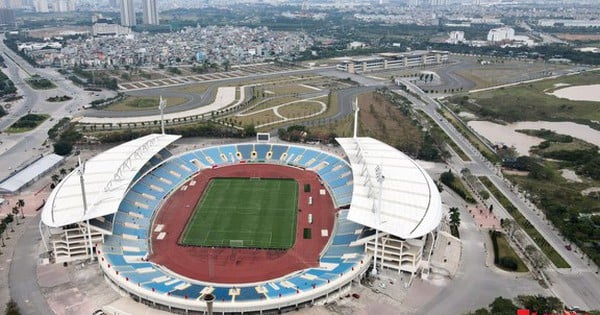
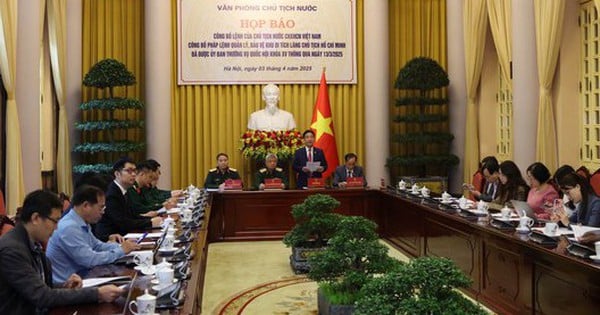
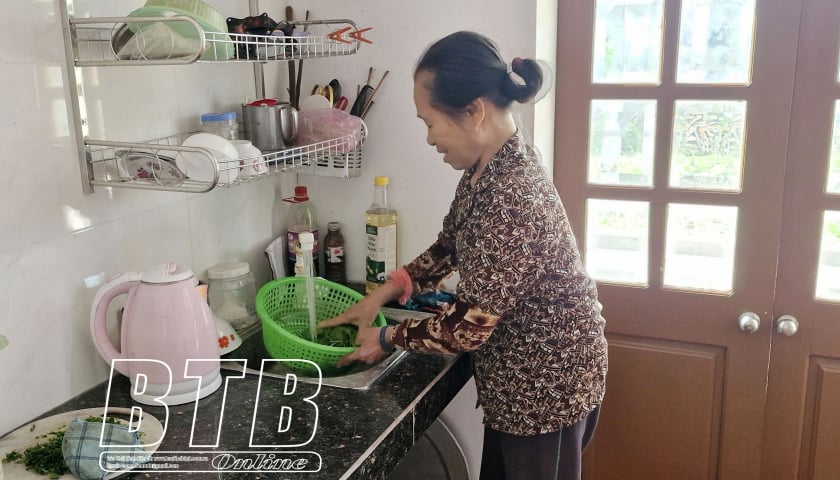


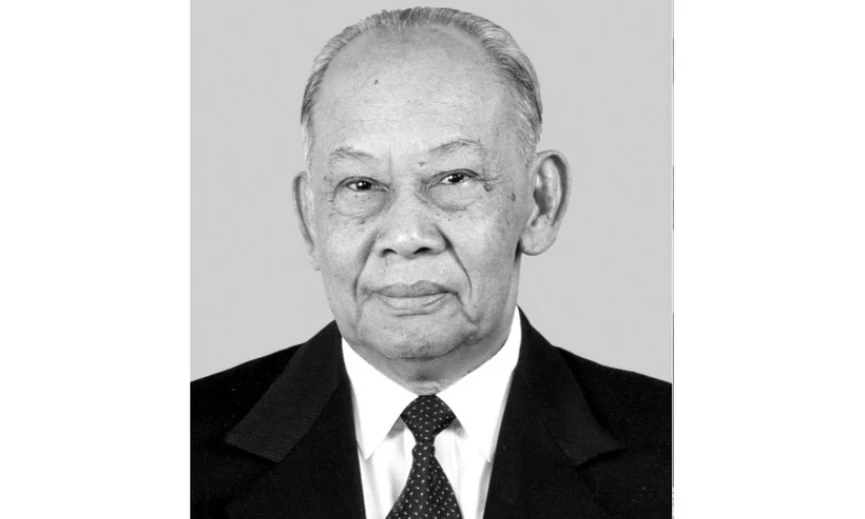
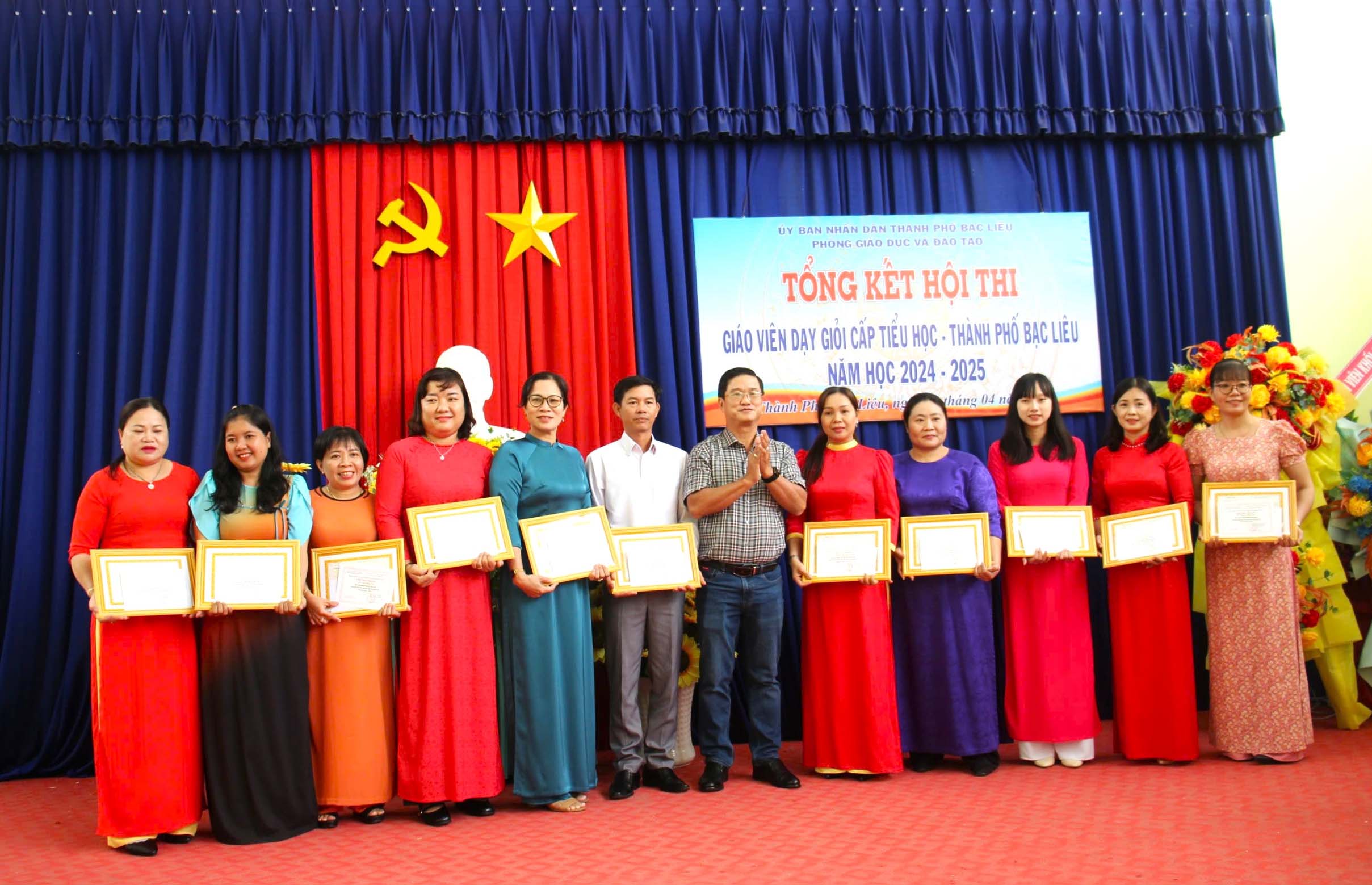

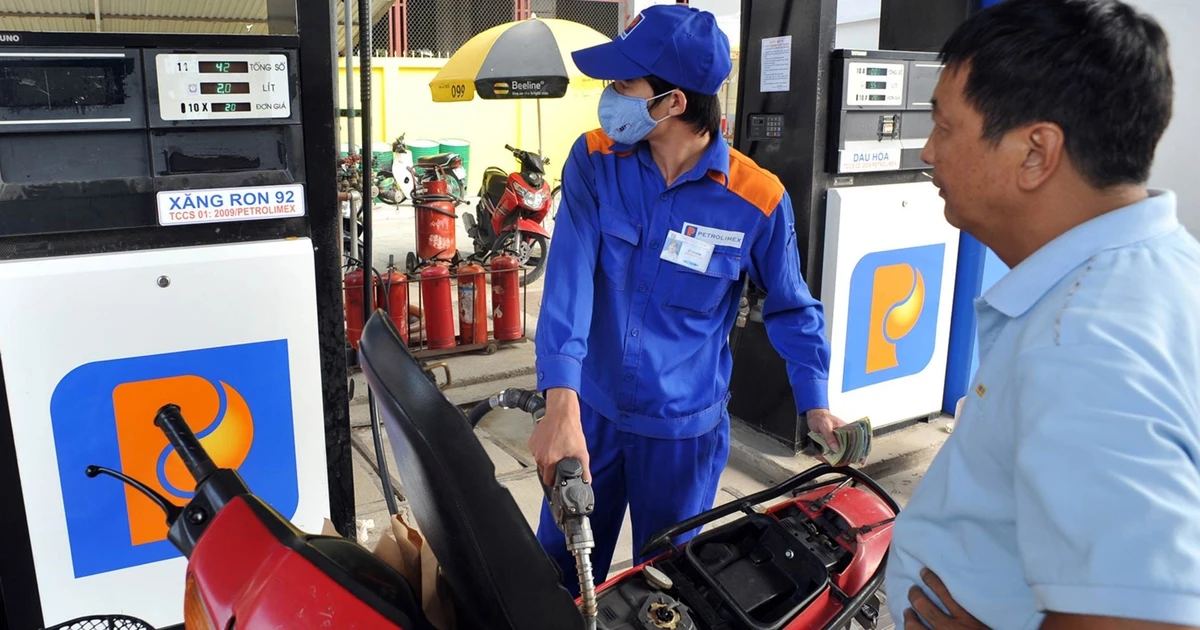












Comment (0)